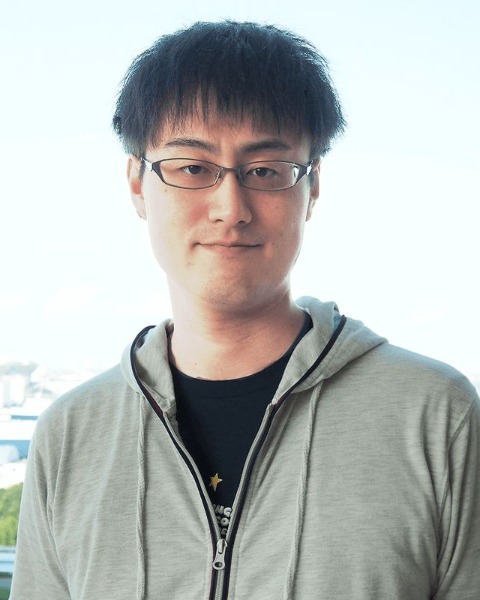Frontiers in Technology
Autonomous robotic search system for biological experiments on regenerative medicine using humanoid robot
Thursday, May 25, 2023
11:30 - 12:00 CET
Room/Location: 321 (Level +2)

Genki N. Kanda, PhD, PMP
Senior Research Scientist
RIKEN, Japan
Searching for differentiation induction conditions is one of the most experienced and skill-dependent experimental processes in regenerative medicine, and establishing optimal conditions requires much time and effort. We attempted to automate this trial-and-error process by combining automated experiments with robotics and AI-based experiment planning. We constructed a system combining a protocol for inducing differentiation of retinal pigment epithelial cells from iPS cells as a model experiment, a versatile humanoid robot Maholo LabDroid as a robot, and software based on batch Bayesian optimization as AI. The above system was successfully constructed and the following three results were obtained: (1) We succeeded in inducing differentiation of iPSC-derived retinal pigment epithelial cells (iPSC-RPE) by the robot. During this research period, this system operated for a cumulative total of 995 hours without human intervention. (2) From 200 million possible parameter combinations, the system succeeded in autonomously searching for parameters that yielded high differentiation induction efficiency, and achieved an 88% improvement in pigment score compared to pre-optimization. (3) The molecular biological properties of robotically generated iPSC-RPE cells were evaluated and met the criteria for clinical transplantation. This achievement demonstrated that the robot and AI alone have succeeded in acquiring experimental conditions that produce high-quality results comparable to those of experts without experts. We are currently verifying the expandability of the applicable target by applying the same system to induction of differentiation into other tissues and cells, etc.
